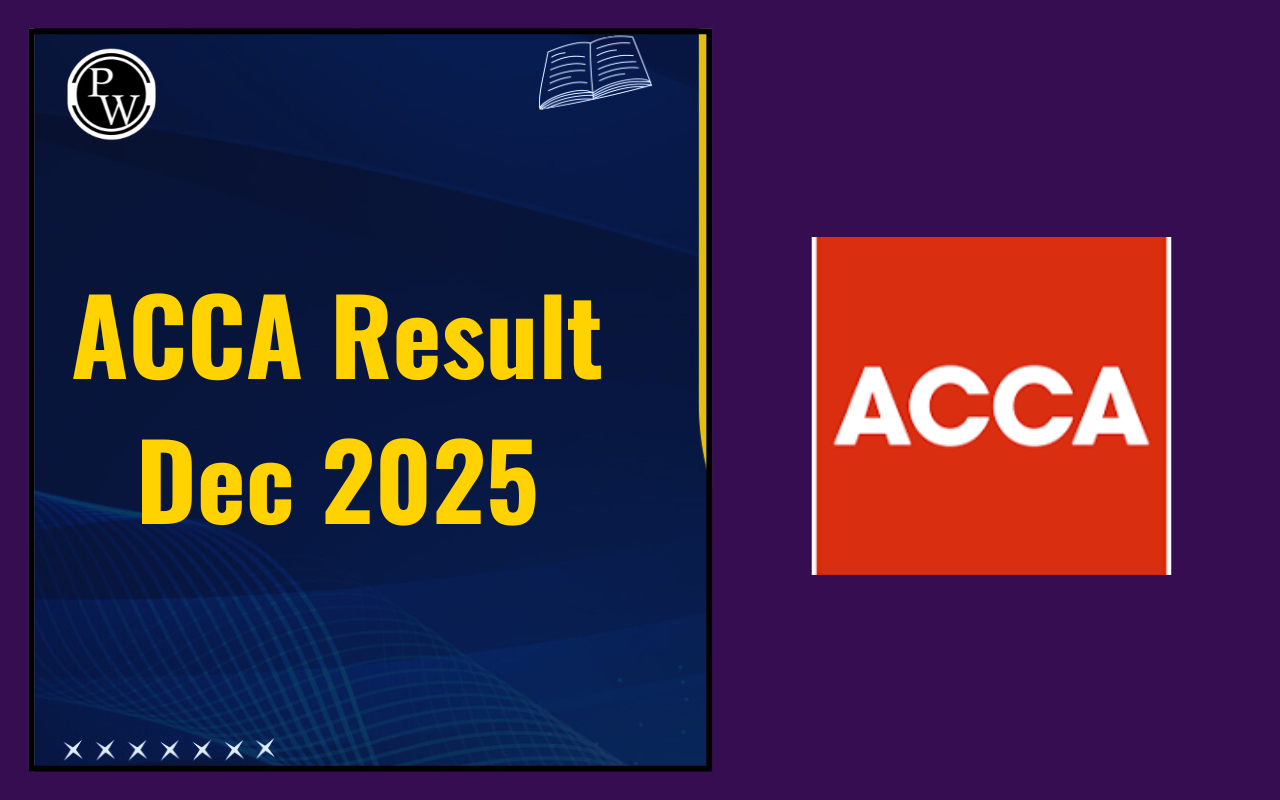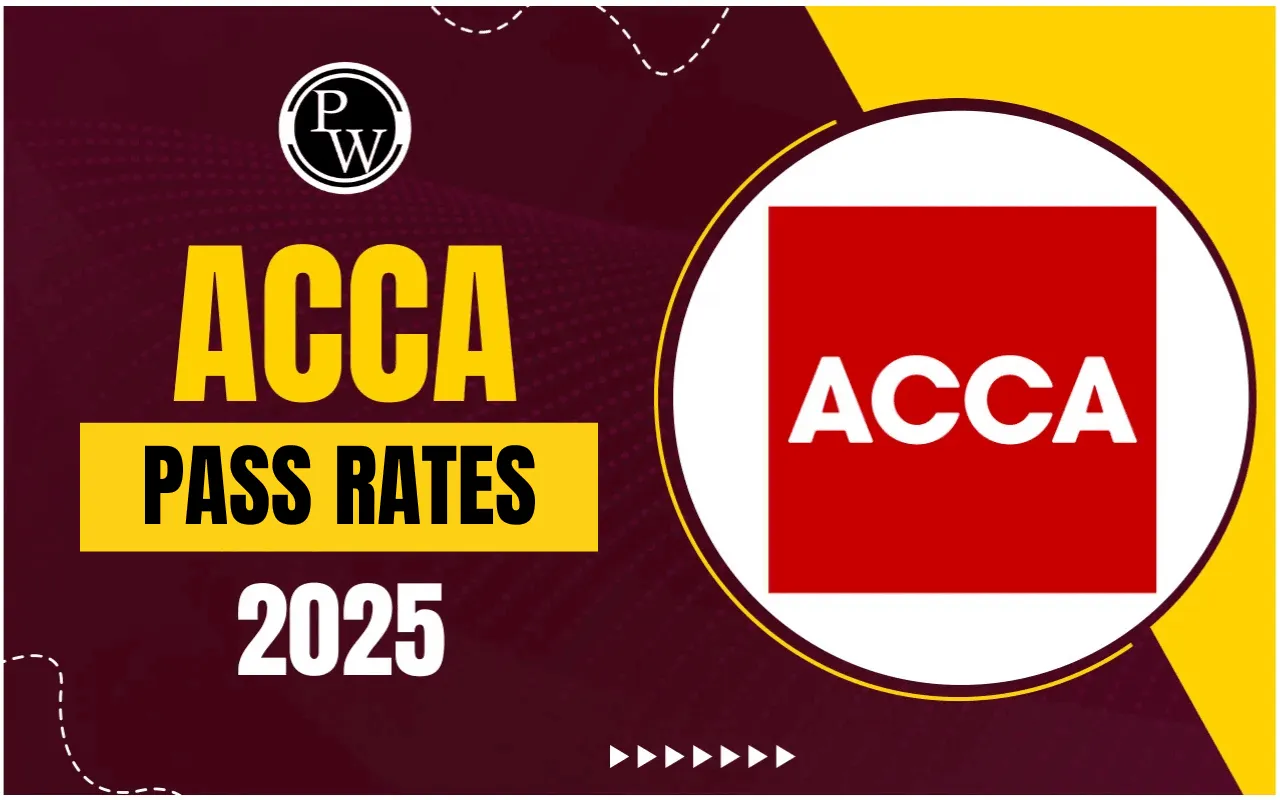
ACCA exams are known for testing not just your knowledge but also your application, analysis, and professional skills. The difference between passing and failing often lies in how you present your answers in ACCA exams. It’s not just about knowing the syllabus, it’s about communicating your understanding effectively within the exam format.
Here, we’ll walk you through some practical, emotional, and easy-to-apply tips on how to ace your answers in ACCA exams and turn your efforts into excellent results.
Why Are Well-Written Answers in ACCA Exams Important?
Imagine studying for months, burning the midnight oil, only to realize that the way you wrote your answers let you down. In professional exams like ACCA, your technique of writing matters as much as your technical knowledge. Examiners are looking for clarity, structure, and evidence of professional judgment in your answers in ACCA exams. Good presentation can fetch you those extra marks that might just push you over the pass mark.
Moreover, remember that these exams simulate real-world scenarios where clear, concise, and relevant communication is key. Your ability to deliver professional, well-structured answers in ACCA exams mirrors the way you'll communicate in your future role as a qualified accountant or finance professional. It’s not just about passing exams, it’s about learning how to present your ideas persuasively, which will serve you throughout your career.
Structure of Answers in ACCA Exams
Before you dive into writing, it’s important to understand how the marking scheme works. Every ACCA paper has a marking guide, and knowing it can be a game-changer for structuring your answers in ACCA exams.
A well-organized answer stands out. Examiners have to assess numerous scripts within a limited timeframe. If your response is structured logically, it makes their job easier and increases your chances of securing full marks for each requirement. Structure helps you avoid rambling, ensures completeness, and demonstrates your ability to think systematically.
Use Headings and Subheadings
Break your answers into clear, logical sections using appropriate headings. This shows that you have understood the different parts of the requirement and are tackling them individually. It gives your answers in ACCA exams a polished, professional look.
Apply the PEEL Technique
A proven method for paragraph structure is the PEEL technique:
-
Point: State your main idea or argument.
-
Explain: Elaborate on the point you made.
-
Example: Provide a relevant example or scenario-based explanation.
-
Link: Tie it back to the question requirement.
Using this in your answers in ACCA exams ensures each paragraph is purposeful, focused, and earns marks.
Time Management Per Question
Mark allocation should guide your time management. A good rule is 1.8 minutes per mark. For a 20-mark question, spend no more than 36 minutes. Good time discipline ensures you can attempt all parts of the paper and maximize your total score.
Also Check: What Is An Optimal Combination? ACCA + MBA or ACCA +MBA +CFA?
Tips for Writing Professional Answers in ACCA Exams
Writing professionally doesn’t mean using complicated language; it means being clear, concise, and directly addressing the requirements.
Analyze the Requirement Verbs
Every ACCA question begins with a command verb like "Evaluate," "Discuss," or "Calculate." These dictate how you should structure your answers in ACCA exams. Misinterpreting them is one of the most common mistakes students make. Spend a few seconds decoding the verb to understand whether the examiner wants you to explain, analyze, compare, or conclude.
Prioritize Relevant Content
Avoid the temptation to show off everything you know. Stick strictly to what the question asks. Irrelevant information not only wastes time but can dilute the strength of your answers in ACCA exams.
Use Short, Sharp Sentences
Examiners have a huge pile of scripts to mark. Make their job easier by keeping your sentences clear and to the point. Use simple, professional language. Avoid overly long, complex sentences which could confuse your reader.
Common Mistakes to Avoid in Answers in ACCA Exams
Even smart students trip on avoidable errors. Let’s ensure you don’t repeat them.
Ignoring the Command Verb
It’s crucial to address what the question asks. For example, if the requirement says “Evaluate,” you need to weigh pros and cons before concluding. Writing a descriptive answer when asked to analyze can cost valuable marks.
Not Referring Back to the Scenario
Many ACCA questions are scenario-based. Failing to tie your answer to the scenario makes it generic and less impactful. You need to show application by directly referencing scenario facts in your answers in ACCA exams.
Poor Time Management
Spending too much time on one question means you might rush others or leave them unfinished. Practice sticking to your time allocation during mocks so you can carry this discipline into the actual exam.
How the ACCA Practice Platform Can Help Improve Your Answers in ACCA Exams
If you’re not using the free ACCA Practice Platform, you’re missing out on a powerful tool designed to simulate the actual exam environment.
This platform allows you to attempt past paper questions on a real ACCA exam interface, preparing you for the time pressure and structure of the exam. It also includes marking guides and model answers so you can compare your answers in ACCA exams against examiner expectations.
Familiarize Yourself with the Exam Interface
Many students waste precious minutes during the exam navigating the unfamiliar interface. Regularly practicing on the ACCA Practice Platform can help you become efficient in using on-screen tools.
Review Marking Guides
Use official marking guides to understand how marks are awarded. This insight will help you better structure your answers in ACCA exams to secure maximum marks.
Attempt Past Exam Questions
There’s no substitute for practicing real exam questions. The more you practice, the better you’ll get at structuring your answers, managing time, and applying knowledge professionally.
Revision Strategies for Your Answers in ACCA Exams
In the last leg of your preparation, focus on refining your technique.
Practice Mock Exams
Simulate real exam conditions and review your answers in ACCA exams critically. Identify weak areas and focus your revision on them. It’s the best way to test both your knowledge and your answer-writing skills under pressure.
Self-Marking Using the ACCA Marking Scheme
After each practice attempt, mark your work against the official marking guide. It teaches you what examiners value and how you can align your answers in ACCA exams to those expectations.
Revise Professional Skills Marks
In Strategic Professional level exams, professional skills marks are crucial. These are awarded for demonstrating judgment, clarity, and relevance in your answers in ACCA exams. Learn how these are awarded and integrate these techniques into your practice responses.
Writing effective answers in ACCA exams is an art you can master with consistent practice, structured thinking, and smart exam techniques. Focus on what the examiner wants, use the ACCA Practice Platform religiously, and always tailor your answers to the scenario provided. Remember, it’s not just what you know, it’s how you write it down that counts.
| Also Check: |
| Courses to Do After ACCA |
| ACCA With BAF |
| Avoid ACCA Exam Failure With Simple Suggestions |
| ACCA Entry-Level Jobs in India |
FAQs
How should I start my answers in ACCA exams?
Can I use bullet points in answers in ACCA exams?
What resources help improve answers in ACCA exams?
Do examiners give marks for presentation in answers in ACCA exams?










